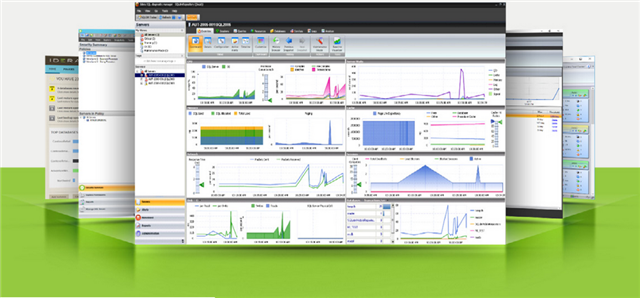Analytics for big data rapidly has become indispensable for nearly all clinical and operational processes in the healthcare industry. Such functions include support for clinical decisions, predictive analytics for big data, management of revenue cycles, measurement of quality, and management of the health of populations.
Healthcare organizations only just mastered placing data into electronic health records. They now must extract actionable insights from their electronic health records. Moreover, they now must apply learnings to complex initiatives that affect their rates of reimbursement.
Incorporating data-driven learnings into operational and clinical processes can result in significant rewards for healthcare organizations. Converting assets of data to insights from data provides many advantages. Such benefits include higher satisfaction rates of end-users and staff, increased visibility into performance, reduced costs of care, and healthier patients.
Extracting actionable insights from analytics is a complex problem for healthcare organizations. Obtaining meaningful analytics for big data for healthcare is challenging due to the multifaceted and cumbersome contents. It requires healthcare organizations to carefully inspect their methods to collect, store, analyze, and present their data to patients, organizational partners of the healthcare organization, and staff. Unfortunately, the complexity of the analytics for big data is difficult to divide into manageable parts. Healthcare organizations must comprehend and resolve each property of the analytics for big data to be successful with its selected projects. Consequently, analytics from big data is a serious endeavor for the healthcare industry.
The 14-page whitepaper “Handling the Complexities of Analytics for Big Data for Healthcare” discusses the essential properties of the analytics for big data that healthcare organizations must consider when commencing significant projects for analytics, including capacity, diversity, reliability, and more. The whitepaper also presents methods to overcome challenges to achieve the data-driven financial and clinical objectives, starting with ingesting, ***, and storing the data, protecting and maintaining the data, then making it useful for sharing in presentations and reports.
Click here to read the whitepaper.
Manage Microsoft SQL Server databases with IDERA’s SQL Management Suite. It covers performance, workload analysis, SQL query tuning, compliance, security, backup, and index fragmentation. Browse the datasheet, read a case study about a medium enterprise healthcare company, download a free, fully functional, 14-day trial, request a one-on-one demonstration, and request a price quotation.
